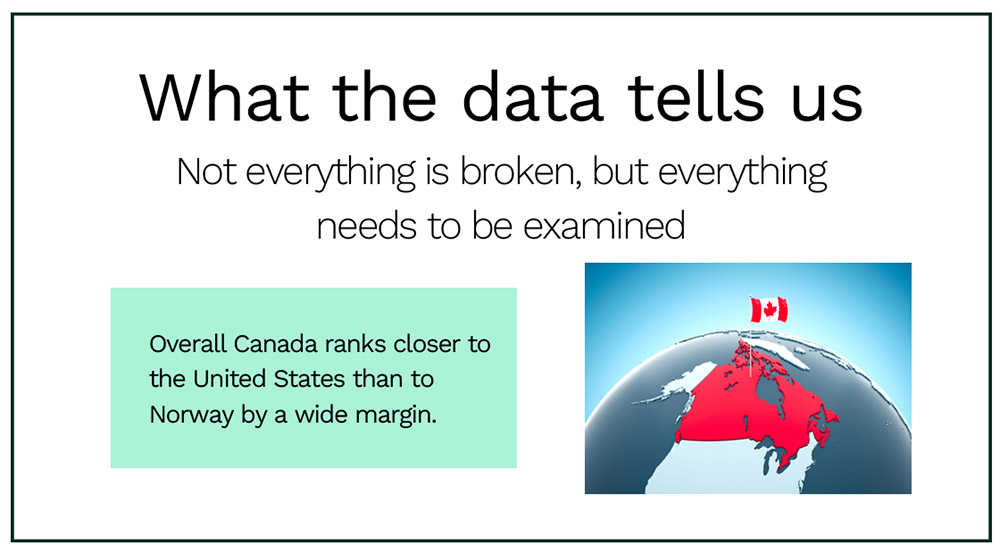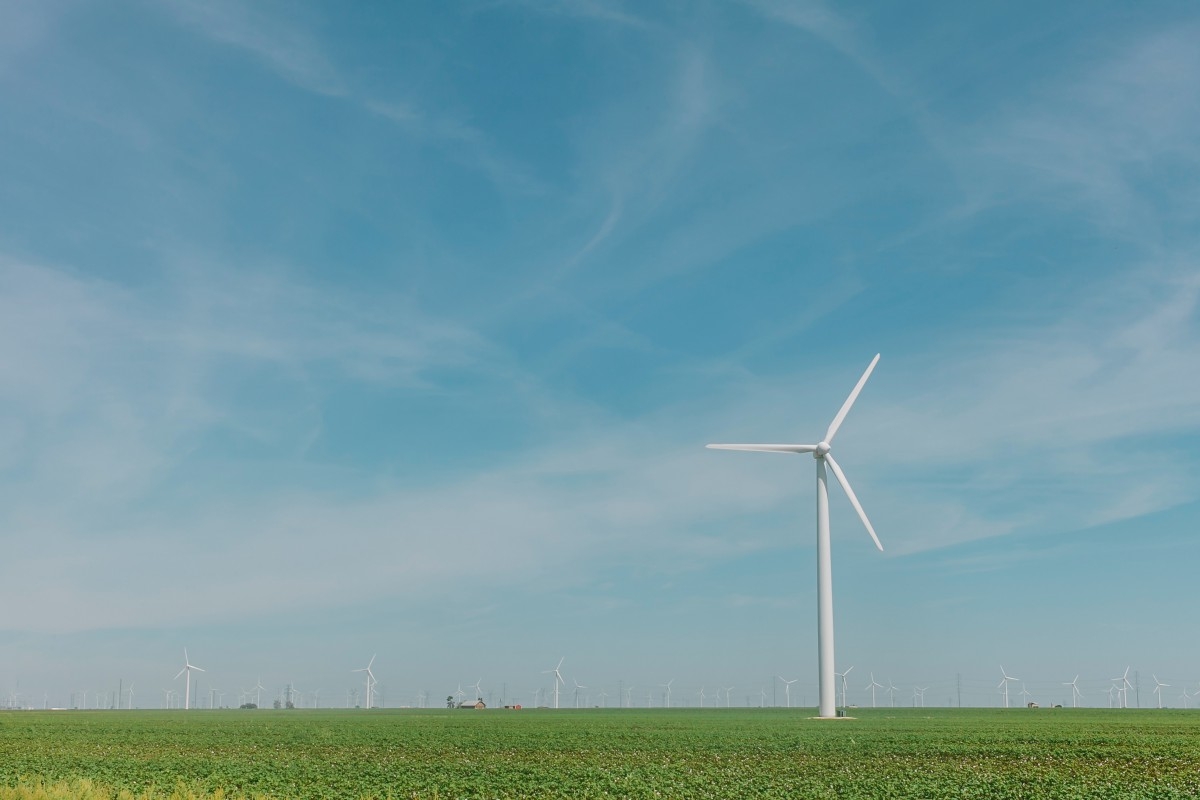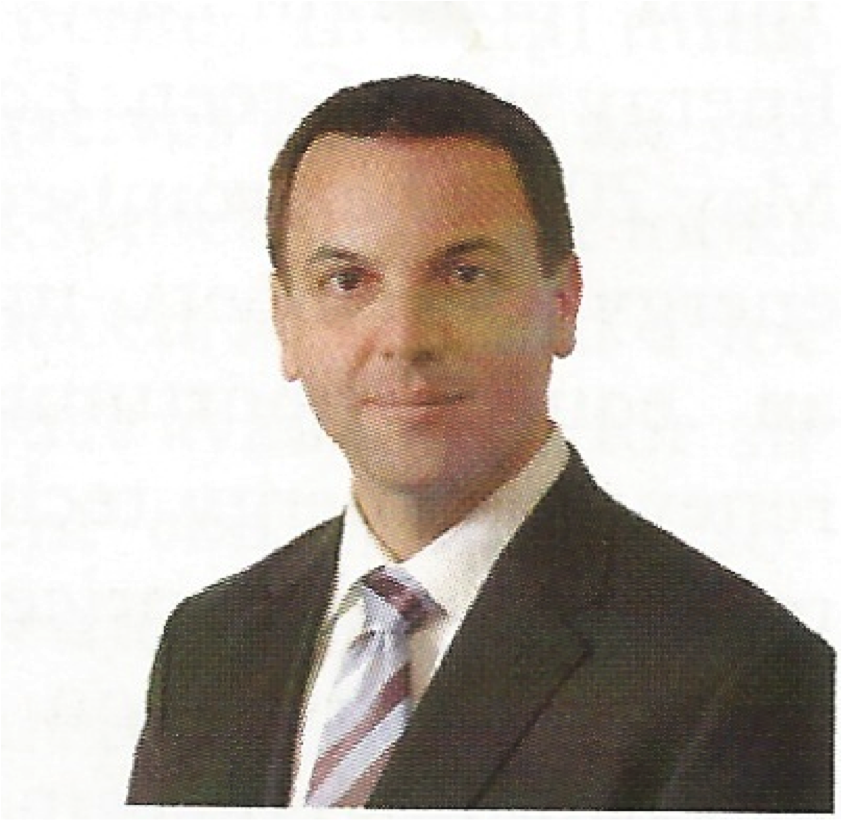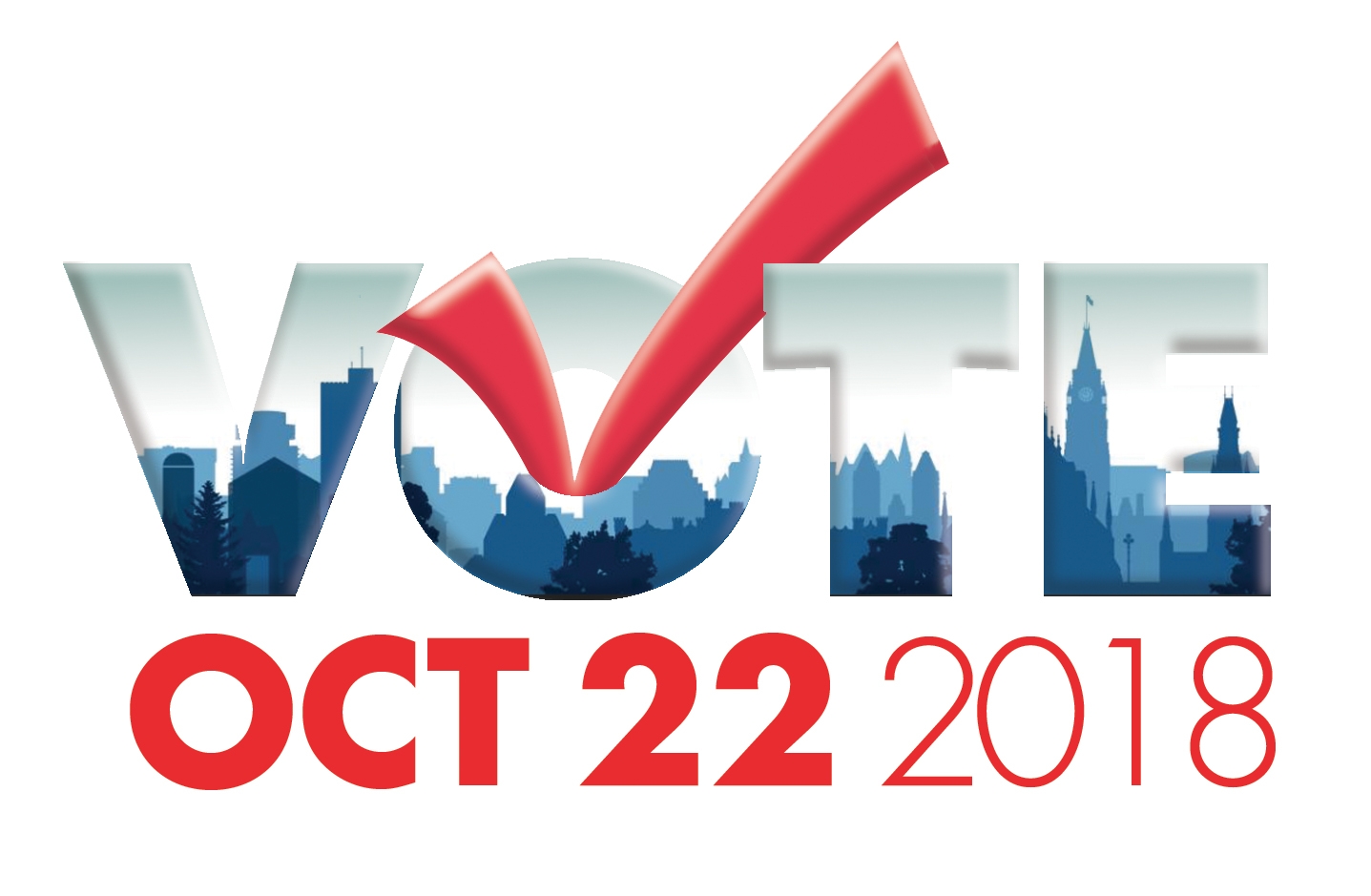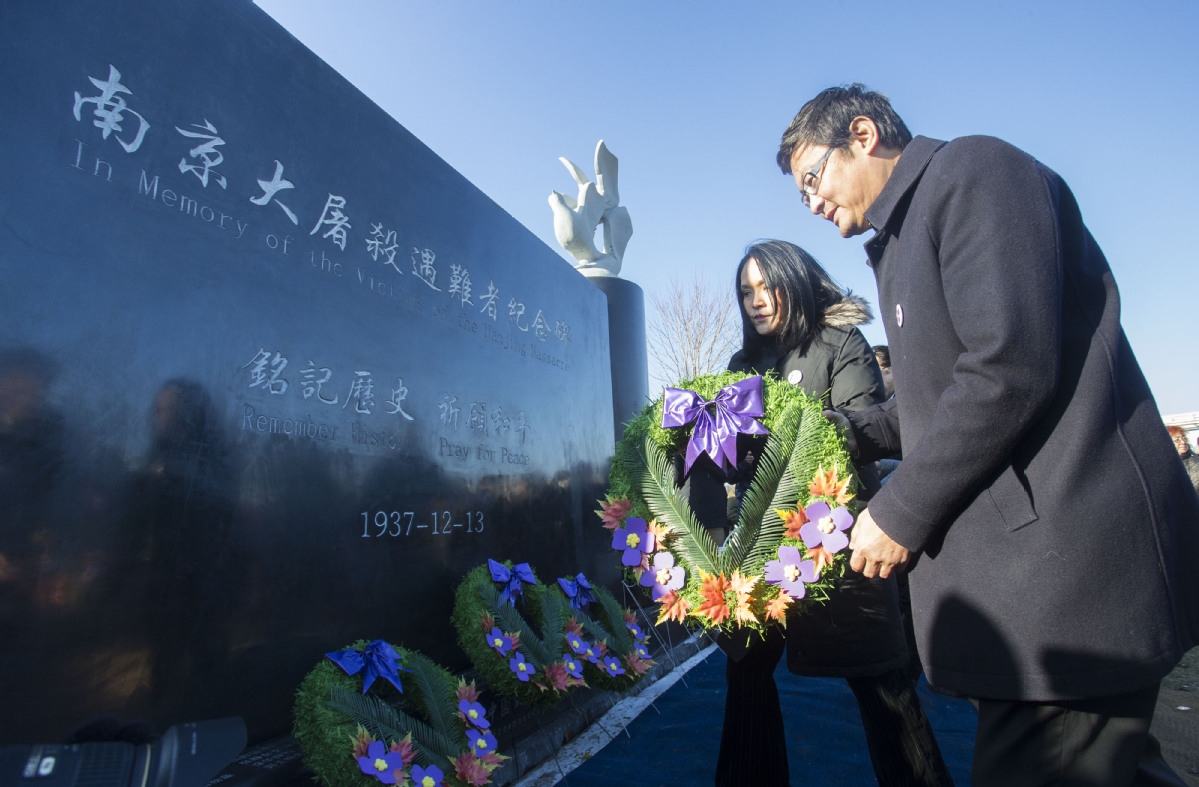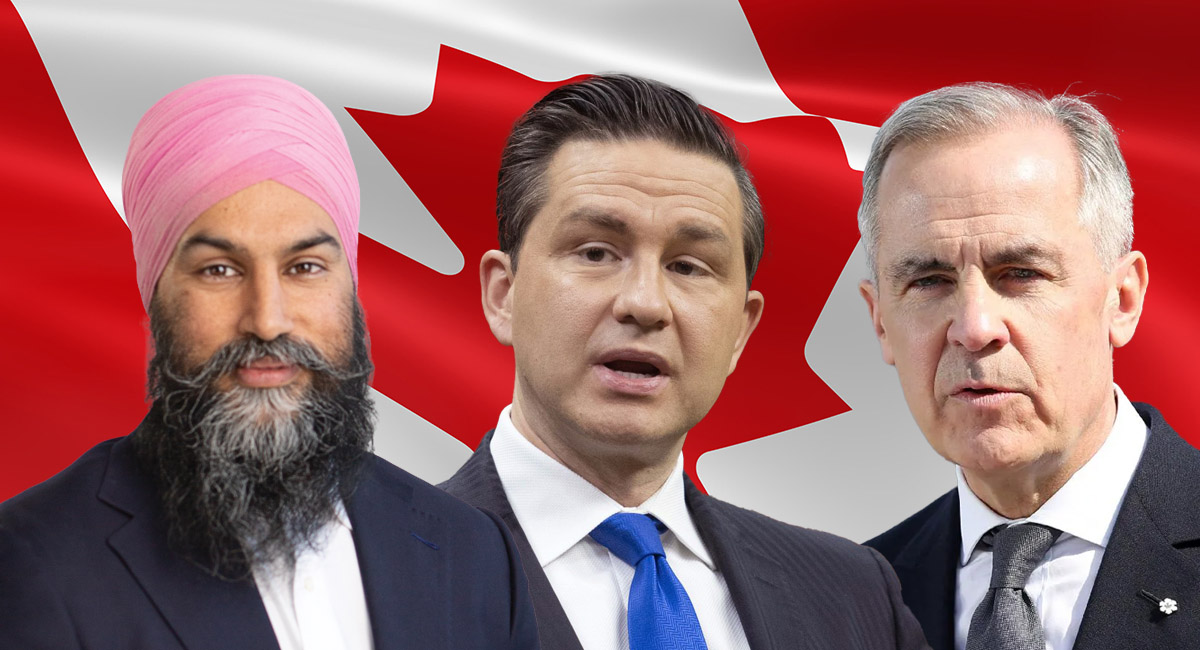
The Voice of a Generation Needs to be Heard: Our Future Depends on It
By Michael Gyles, Garlande Haney and Shawn Richard
For Canadians, recent months have been plagued with cries of hysteria from the loudest voices on both sides. The media prophesied ruin, politicians sow stories of systematic failure, and our southern neighbour warns, “Canada only works as a state”.
Meanwhile, the centrist majority stays quiet. As young Canadians–your children and grandchildren–entrepreneurs, business owners, and students, this is terrific news for us as we inherit the consequences.
Complacently accepting that “everything is broken” weakens our Canadian fabric, strengthens pro-annexation sentiment, and deters hope for a brighter future.
We can not accept grandiose, absolute sentiments that make our challenges appear fixable with a simple leadership or flag change. That is not how this works. While not everything is broken, many issues deserve serious attention.
An IPSOS survey recently found that four in ten Canadians aged 18-34 would vote to become American; this highlights a harsh reality: Young Canadians are losing faith that fellow citizens will look out for them.
Annexation is a worst-case scenario. It would entail not only an erosion of freedoms but a death of the uniquely Canadian will that shone from Flanders Fields to the beaches of Normandy. According to key indicators, we’re nearing the edge, but the U.S. has fallen off the cliff.
Even by writing this article, we are exercising a freedom that makes many in the U.S. now fear retribution for.
So why do many of our youth think annexation is a solution?
In part because we are unhappy. Overall, Canada ranks #18th in the world happiness index. In the under-30 category, we plummet to #58. Why?
Many Canadians have fallen prey to divisive rhetoric and misinformation, fixating on past failures instead of focusing on the future. To us, it feels like older generations have grown indifferent to the world we’re stepping into, dimming the light of something vital: our hope. But we haven’t given up. That hope still lives in us—and it’s worth fighting for.
So, how do we reinstate optimism, hope, and trust in our youth to keep our country strong and sovereign? We learn together. To engage, ask questions, and fight misinformation. Understanding that all is not lost, we optimistically ask, “How do we make this better?”
Don’t look for someone with a “silver bullet” for incredibly complex issues — one doesn’t exist. Instead, educate yourself on all our issues. Exercise your voting power. Engage past the ballot box. Most importantly, don’t take the easy way out by succumbing to the headlines, social media warriors, and the loudest voices telling you how it is: Be the check and balance we need.
Recently, we participated in a tutorial called ‘Socio-Economics 101 — Creating a more stable world’ which offered a comprehensive overview of where Canada ranks compared to the 25 happiest countries. The following infographic is what we learned.
As indicated before, the infographic is our interpretation of the ‘Socio-Economics 101 – Creating a More Stable World’ tutorial. We encourage all Canadians to form their own interpretations by reviewing the tutorial before election day, April 28th.
This article is not intended to promote any particular candidate or party but rather to have you select those you feel best equipped to have Canada become the “North Star” in creating a more stable world — not the 51st state.
Michael Gyles is a fourth-year Psychology and Economics student-athlete who currently works as a business analyst at a Halifax-based startup.
Garlande Haney is the founder of a marketing and web design business established in 2023 to help small businesses build strong, strategic online presences.
Shawn Richard is the proprietor of Drewhaven, a restaurant, café, and event venue in the heart of St. Andrews by-the-Sea, New Brunswick.


